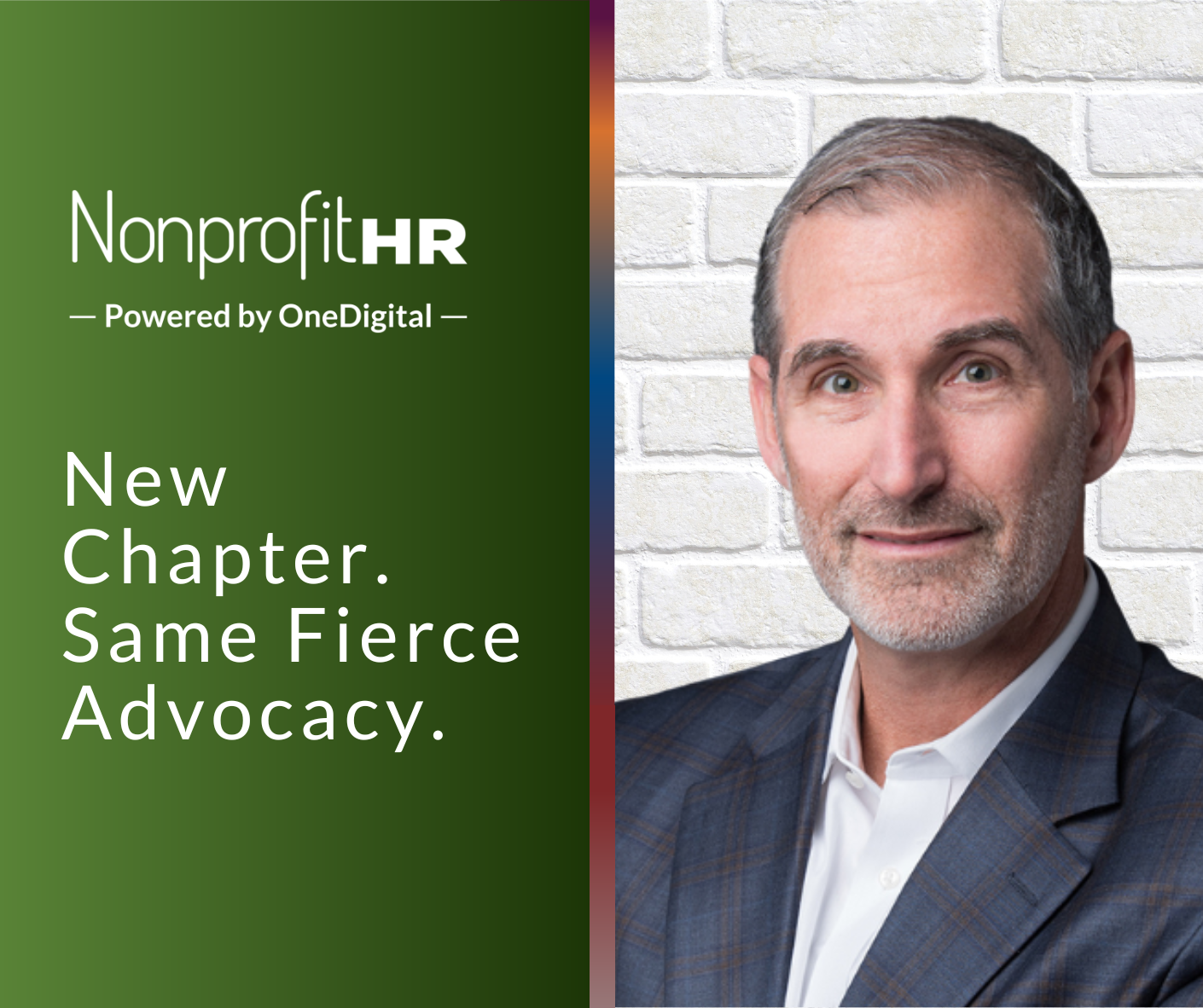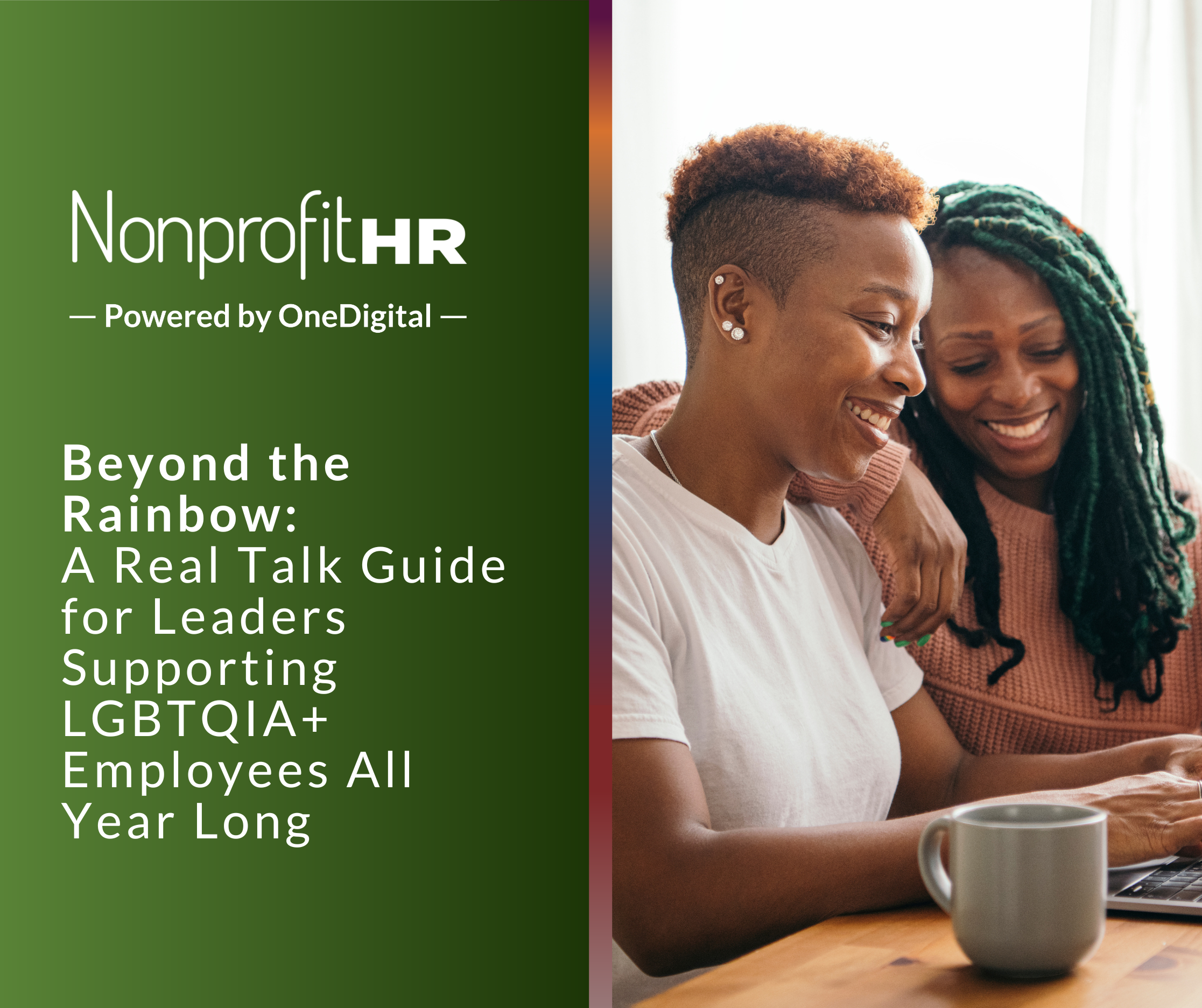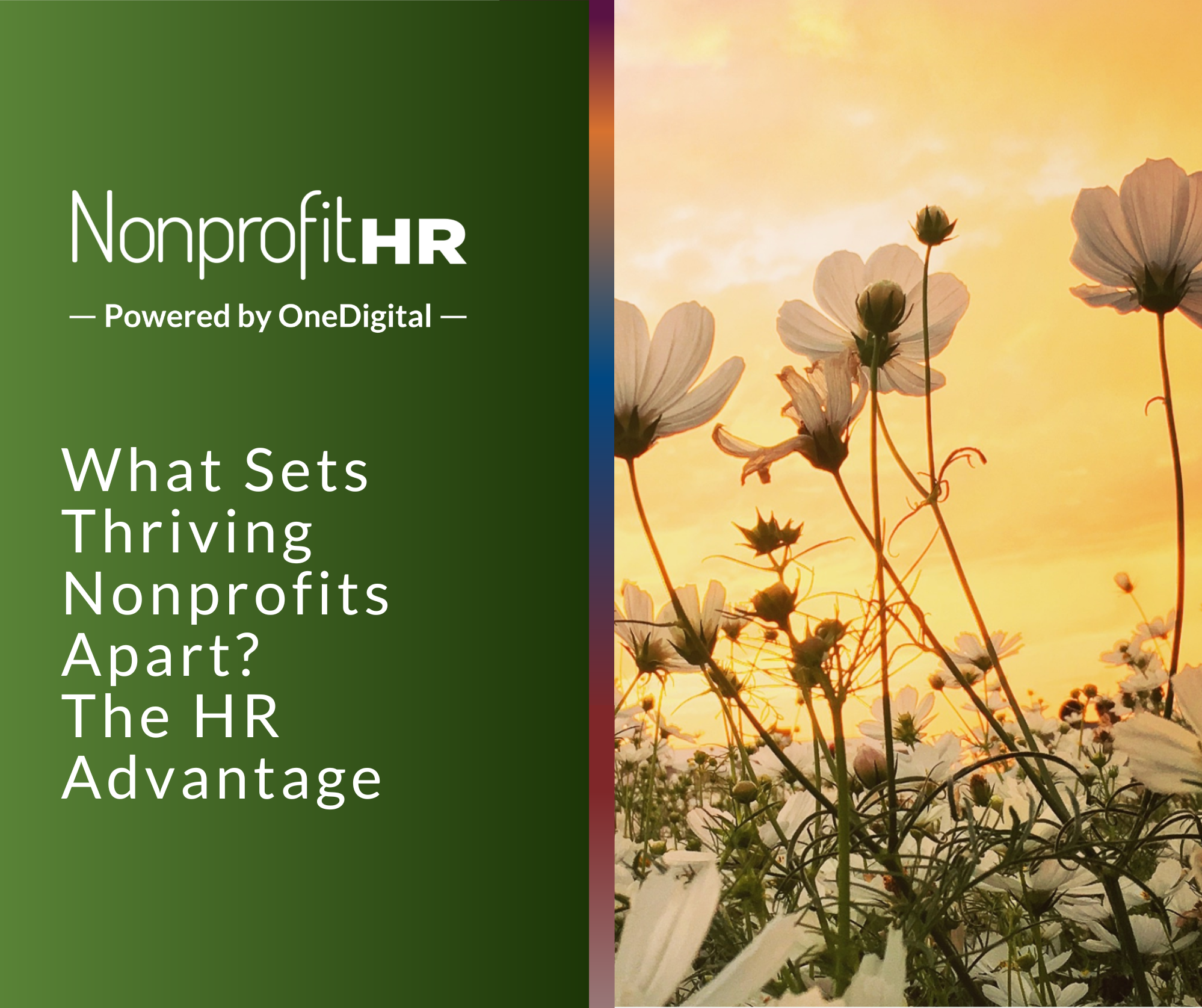WTOP: 5 ways nonprofits can…
By Leslie Walbridge
Have you ever been told that a job interview is like an audition? Well, in some cases it is, but if the process is done right, the interview ought to be much more like a first date. The key difference being that both sides are “auditioning” for each other. If you go to an interview without questions to ask the interviewer, you are doing yourself a serious disservice, and it might even cost you the job.
First of all, when an interviewer asks you if you have any questions for them, it is expected that you will. If you don’t, you look unprepared and it casts a doubt on whether you are truly interested in the position. There is no possible way that you could have found out everything you need or want to know about the organization before arriving at the interview. Therefore, if you don’t have any questions it looks like you are too desperate, uninterested or lazy to really care about the position or the organization. You do not want to be put in any of those categories.
Secondly, how will you know if you actually want the position if you don’t ask the questions you need answers to? Certainly you have some deal breakers and criteria that must be met for you to be happy in the job. Perhaps you need a manager who is good about communicating and giving feedback. Or maybe you need a laid back and casual work environment. It is unlikely that you would be able to glean that information from the organization website or a short interview. And trust me; you will want to know before you start work so that you don’t end up right back where you are after a month in an environment you hated. Before you go to your interview, think about what you do and do not like in a work environment. When your interviewer asks if you have any questions that is your opportunity to ask what the managerial style of your supervisor is or what the work environment is like. Those are appropriate questions that will save you and the interviewer time and money down the road.
Need more inspiration? Tom Hart published a handy list of questions you can keep in your pocket.
Interviewing for a job is a key step in the process; you do not want to waste the opportunity by being unprepared. To an interviewer, everything you do with regard to the interview is reflective of how you work. If you do not seem to care about the interview, why would they think you would care about the actual position? If you need further tips about preparing for an interview, see this related post.





























